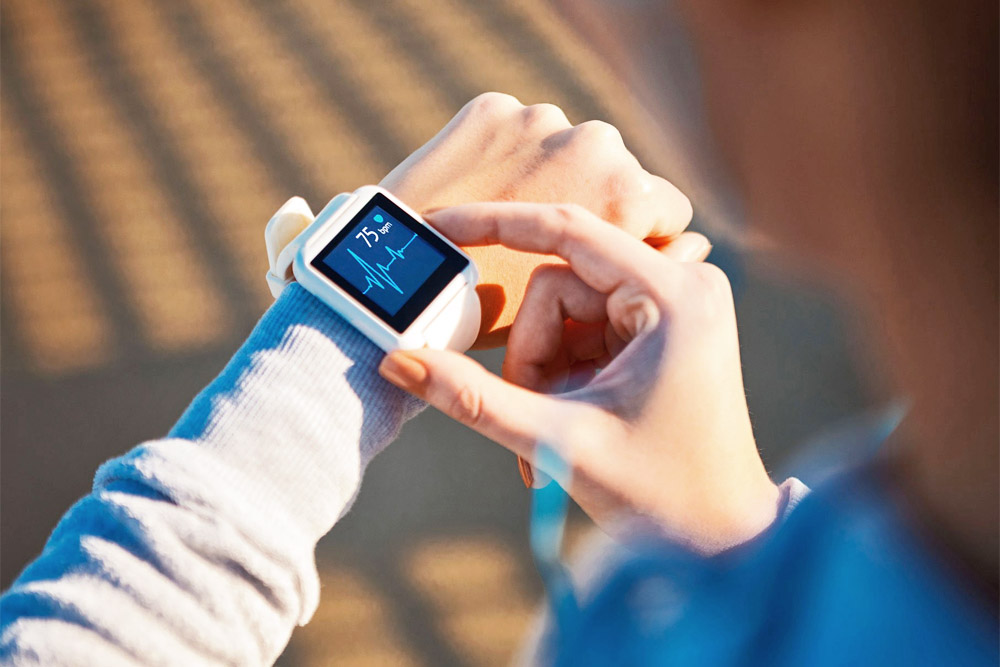Disruptive Innovations in Healthcare

Innovations are quite common landmarks in healthcare. Surgical innovations, technological innovations, and all manner of them, really. However, a disruptive player in the healthcare field used to be rare. But, today disruptive innovations in healthcare are very common.
These days, there are a few major players in the healthcare industry that are poised to cause a radical change in the way we do things.
Researchers found that some of the most disruptive technologies are in the “omics” category, for example in “ergonomics”. This could include increasingly advanced massage therapy guns or everyday furniture that is designed for medical patients. Technologies that exist to make people’s lives easier are sure to constitute new markets of their own easily.
Here are some technological movers and shakers in healthcare.
Wearables
This is one of the biggest disruptors of the last 10 years by far. Have you ever read about Apple Watch users saying the watch alerted 911 to their failing vitals? Even to the fact that their user had fallen and was unconscious?
Users no longer have to go to a healthcare setting to monitor several vital signs like blood sugar, heart rate, blood pressure, and blood oxygen. Wearables can accomplish and monitor all that for you and update the data in real-time. They really could be a way to save more lives.
Artificial Intelligence
Artificial is poised to disrupt almost every sector, really, and it is no different for healthcare.
Imagine a world with AI-guided surgeries and consultations for surgeries. It would combine the critical thinking capacity of humans with less human error. That world is not so far off.
Already, AI is taking over many administrative processes in healthcare. Chatbots can interact with prospective patients on a website. The bots can already manage patient intake and billing, as well as handle scheduling fairly confidently.
For a field where data and statistics are paramount to doing multi-year statistical research, machine learning would be so useful for projecting and interpreting results from studies.
Doctors might finally be able to focus on the holistic well-being of patients if other medical costs are brought down to the efficiencies AI in healthcare would create.
Blockchain
Crypto is a hot new topic and even extends to innovations in healthcare. Blockchain developers are coming up with ways to consolidate the fragmented health information system. Blockchain has massive transformative potential for the way health data is stored for users and could leave us better equipped to deal with things like the COVID-19 pandemic in the future if they are further implemented.
Documentation
Doctors may no longer have to type up documentation for their clinical prescriptions and visits. Technologies like Dragon Medical One (DMO) are cloud-based speech recognition solutions that allow physicians to document their verbal instructions much faster and more accurately than other technologies.
DMO actually uses conversational AI to create sophisticated and accurate transcriptions. This means less time transcribing and more time with patients.
This way, physicians would not need clueless scribes trying to keep up with their workflow; the program is able to transcribe instructions and patient data accurately and then store it to a cloud for easy access whenever.
Nursing
As technologies advance, the healthcare system is able to rely less on beleaguered physicians. Nurse practitioners and physician assistants can give diagnoses and treatments that are just as efficient and effective if they are assisted by the right technological practices.
We no longer require doctors to diagnose something like strep throat when we have easily operable technology that can do the same, which an NP could use. This opens up career opportunities for nurses and assistants, and doctors can focus on more complex medical issues and more individualized patient care.
Whereas before you would need a team of nurses to administer an IV, now nurses can direct patients to use a digital pump, and watch a simple video about how the pump is operated.
Like this, patients can self-manage and self-monitor their symptoms in the comfort of their own homes, though they have the option to be in-patients if needed.
Disruptive Innovations in Healthcare
As technology develops, so will the healthcare system increasingly depend on these technologies. However, it goes without saying that technologies created with user-centered designs can alleviate many pain points in health care.
Surgical advancements, like in LASIK and AI-guided surgeries, could significantly improve people’s lives. Big data will enable better record storage and enable the system to become more efficient.
Disruptive innovation in healthcare is inevitable. We simply have to wait and see.
